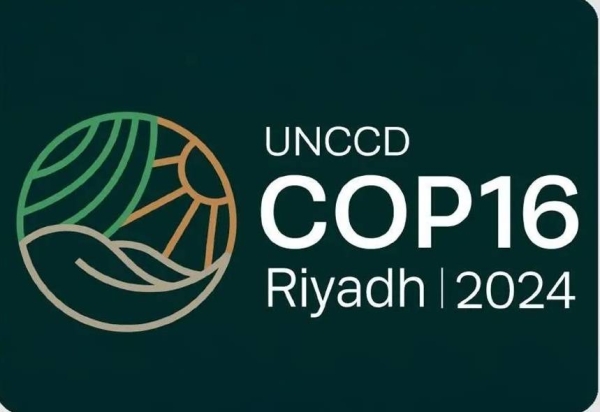Saudi Arabia is calling on the international community to take strong action on drought resilience and land restoration ahead of the upcoming 16th session of the Conference of Parties (COP16) of the UN Convention to Combat Desertification (UNCCD). The conference will take place in Riyadh starting on December 2, with Saudi Arabia assuming the next UNCCD Presidency. With data indicating that an area of land larger than the Republic of Ireland is expected to be degraded before the conference begins, there is an urgent need for action to address land degradation. Dr. Osama Faqeeha, Saudi Deputy Minister for Environment, emphasized the importance of increasing ambition in land restoration targets, enhancing drought resilience initiatives, and strengthening land tenure rights in order to meet the UNCCD target of restoring 1.5 billion hectares of land by 2030.
Since 2015, countries have been adopting voluntary Land Degradation Neutrality (LDN) targets in alignment with UN Sustainable Development Goals. Over 130 countries have participated in the LDN Target Setting Program, with more than 100 already choosing their targets. Saudi Arabia’s incoming UNCCD Presidency presents an opportunity to increase the number of countries committed to LDN targets and to enhance their ambition and implementation. The UNCCD estimates that a significant portion of global economic output, $44 trillion, is reliant on natural capital, and investing in restoration could yield substantial economic returns, potentially unlocking a trillion-dollar restoration economy. To address these challenges, COP16 in Riyadh will feature a Green Zone for collaborative efforts between businesses, scientists, financial institutions, NGOs, the public, and impacted communities to find sustainable solutions.
The conference will include seven thematic days focusing on topics such as land restoration, governance, agri-food systems, resilience, finance, and science, technology, and innovation. These thematic days will facilitate dialogue and outcomes to address the pressing issues related to land degradation and drought resilience. It is crucial for all parties to come prepared to the conference in Riyadh to increase their ambition in addressing land degradation and to work towards achieving the UNCCD target. By strengthening land restoration targets, enhancing drought resilience initiatives, and improving land tenure rights, countries can contribute to the global efforts to combat desertification and preserve natural resources for future generations.
With the urgency of the crisis highlighted by the expected degradation of a significant area of land before the conference begins, COP16 in Riyadh will serve as a critical moment for the international community to address these challenges. The potential economic benefits of investing in restoration and addressing land degradation underscore the importance of taking robust action at the global level. As the host of COP16, Saudi Arabia is calling for all parties to increase their ambition and collaborate on finding lasting solutions to ensure a sustainable future for the land and its inhabitants. By working together towards common goals, countries can make significant progress in combatting desertification and promoting land restoration on a global scale.
The upcoming COP16 in Riyadh will be a platform for countries to strengthen their commitments to LDN targets, enhance drought resilience initiatives, and improve land tenure rights. By increasing ambition and implementation in these areas, countries can contribute to the global efforts to restore land and combat desertification, ultimately working towards a more sustainable future. The Green Zone at COP16 will provide a space for various stakeholders to collaborate and innovate, offering opportunities for businesses, scientists, financial institutions, NGOs, the public, and affected communities to come together and work towards solutions that will have lasting impacts on the environment and economy. As countries prepare for COP16 in Riyadh, it is essential for them to come ready to engage in meaningful dialogue and take the necessary actions to address the urgent issues of land degradation and drought resilience on a global scale.




















